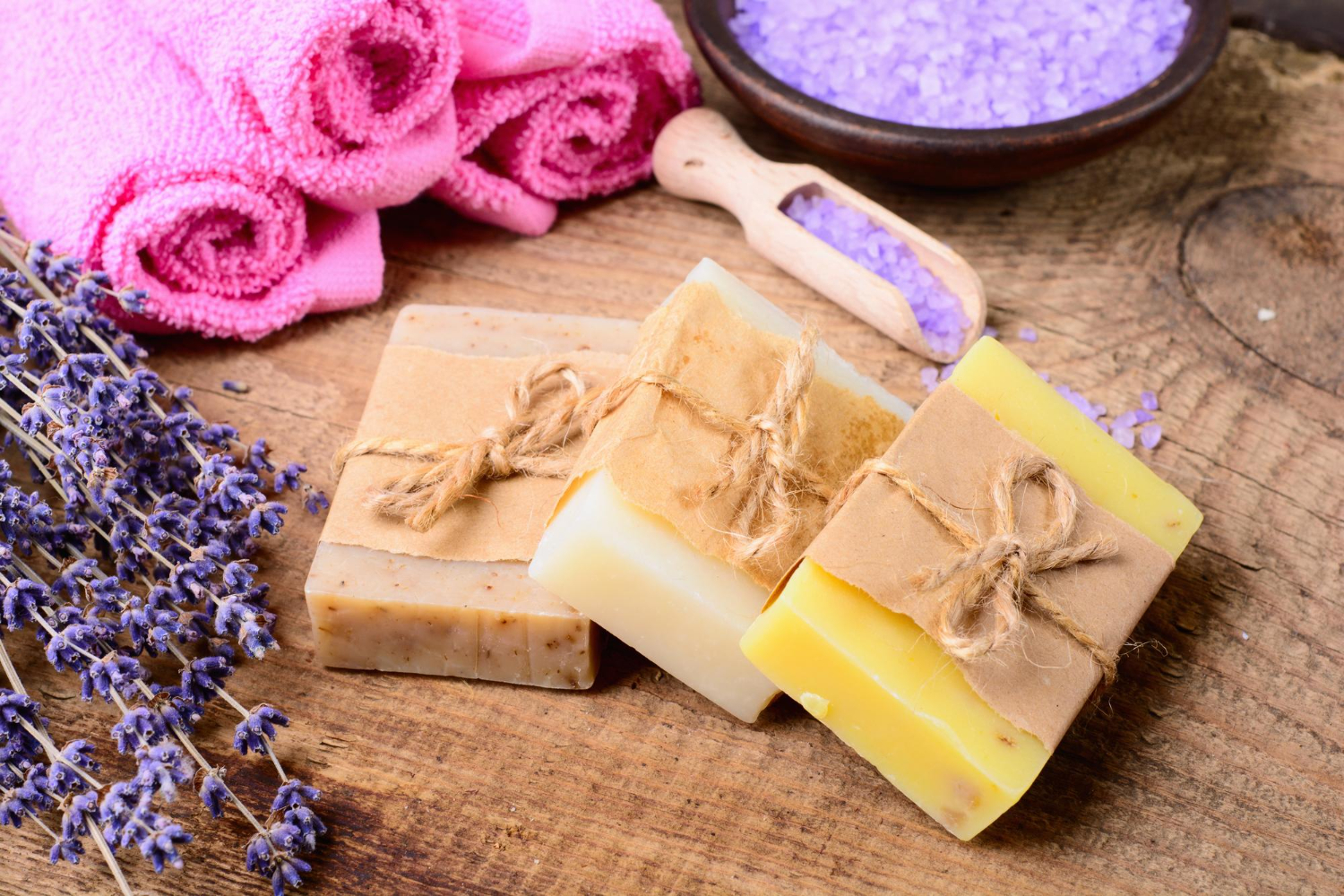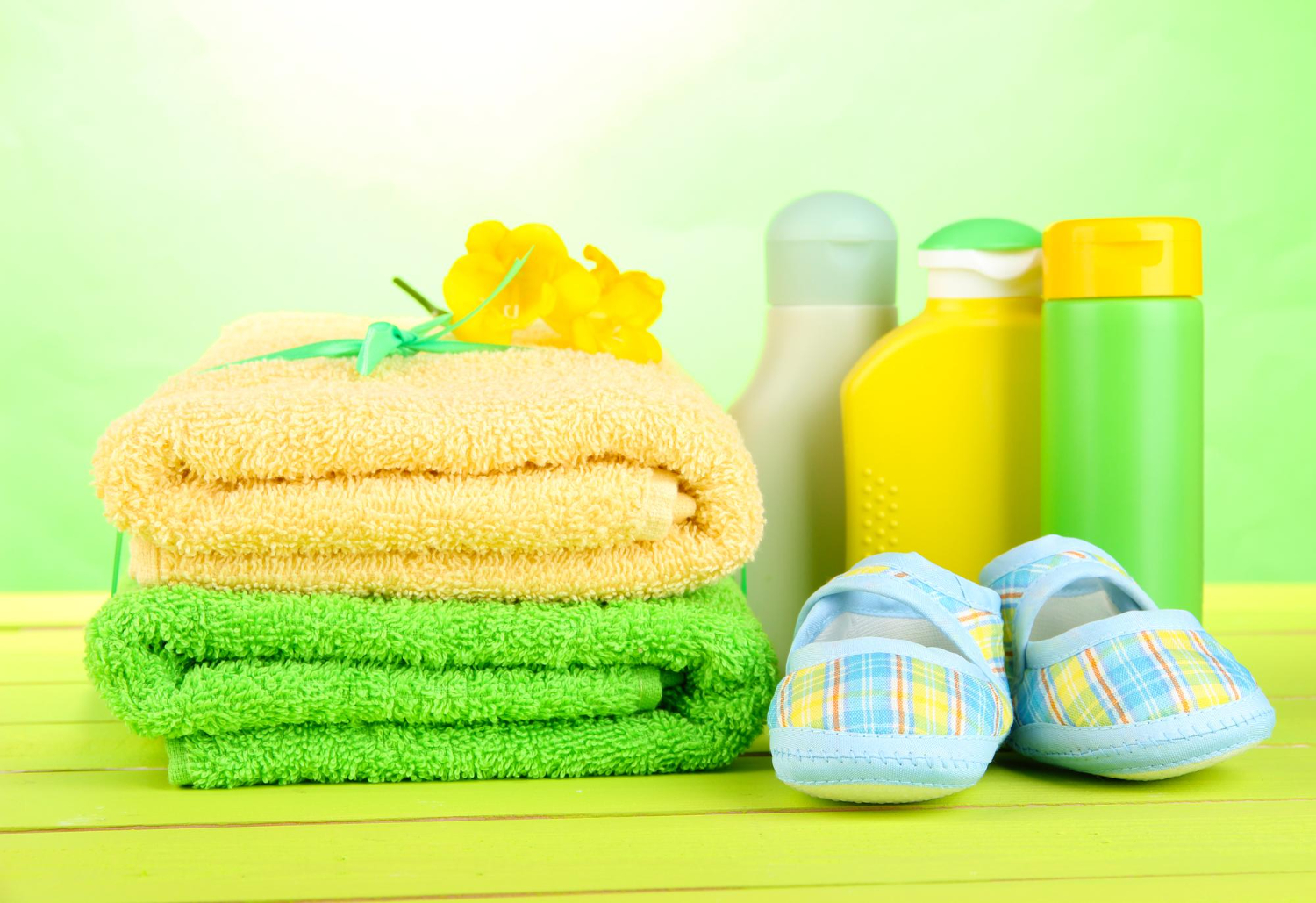When it comes to washing our little ones’ clothes, it is essential to choose a detergent that is suitable for their delicate skin while being environmentally friendly. With so many options available on the market, it can be difficult to find the perfect laundry detergent.
Ingredients to avoid
Before diving into the options available, it’s important to know the ingredients to avoid when choosing baby laundry detergent. Some chemicals found in regular laundry detergents can irritate babies’ sensitive skin. Artificial fragrances and colors, bleaches, and harsh chemicals such as phosphates and surfactants can all cause unwanted skin reactions. It is therefore recommended to opt for detergents without perfume, dye and aggressive chemicals.
Skin-friendly options
- Baby liquid laundry detergent : Liquid laundry detergents specially formulated for toddlers are often gentle on the skin and effective in removing stubborn stains. Look for products that are fragrance-free, dye-free, and hypoallergenic. Some manufacturers also offer organic formulas, which are even gentler on baby’s skin.
- Baby laundry powder : Washing powders can be a good option because they are often fragrance and dye free. Be sure to choose a formula specifically designed for babies, without harsh chemicals. Before using washing powder, make sure it dissolves completely in water to avoid any residue on clothes.
- Marseille’s soap : Traditional Marseille soap is a gentle and natural choice for washing baby clothes. Made from vegetable oils, without artificial coloring or fragrance, it is environmentally friendly and suitable for sensitive skin. Use it by grating a little soap into hot water to make a liquid solution that you can add to your laundry.
The importance of the ecological aspect
In addition to being gentle on baby’s skin, it is also crucial to take into account the ecological aspect when choosing a baby detergent. Traditional laundry detergents often contain harmful chemicals that can pollute water and negatively impact the environment. Opting for eco-friendly laundry detergents that use biodegradable ingredients and recyclable packaging is a more sustainable choice for the future of our planet.
Eco-friendly options
- Certified organic detergents : More and more brands are offering certified organic detergents, which use natural and renewable ingredients, such as enzymes and plant extracts. These detergents are biodegradable and do not contain harsh chemicals that could harm the environment.
- Bulk laundry detergents : Opting for bulk detergents helps reduce packaging waste. Some brands offer refill systems for their laundry detergent, where you can purchase laundry detergent refills in recyclable packaging. This helps reduce the overall carbon footprint of laundry while saving money in the long run.
- Homemade laundry detergents : For environmentally conscious parents who like to add a personal touch, homemade laundry detergent can be an interesting option. Using natural ingredients such as Marseille soap, baking soda and white vinegar, you can create your own eco-friendly laundry detergent. This allows you to control the ingredients used while reducing packaging waste.

The impact of laundry detergents on general health
Although baby-friendly detergents are designed to be gentle on the skin, it is essential to understand their impact on the overall health of infants. After all, what we put on their skin is absorbed into their body. Additionally, clothes washed in these products are in constant contact with the skin, which can have long-term implications.
Breathing and laundry
Fragrances, even those of natural origin, can affect babies’ delicate airways. Some volatile chemicals found in laundry detergents can be inhaled during use. This inhalation may cause allergic reactions, asthma or other respiratory complications in infants.
Endocrine disruptors
Some ingredients found in laundry detergents may act as endocrine disruptors. These chemicals can mimic or interfere with the body’s natural hormones, disrupting the endocrine system. Even at low doses, these disruptors can impact a baby’s development, particularly during crucial growth periods.
The need to rinse several times
It is strongly recommended to do an extra rinse when washing baby clothes. This is to ensure that all detergent residue is removed. Residue may remain on clothes, especially if you use powder detergent. This extra rinse can prevent irritation and ensure the garment is as clean as possible for your child’s skin.
The meaning of eco-labels when it comes to laundry detergent
When looking for laundry detergent that is friendly to both babies’ skin and the environment, you have probably noticed various labels and certifications. But what do they really mean and how can they help guide your choice?
Understanding labels
The market for ecological detergents is booming, and with it, a multitude of labels have appeared to guide consumers. These labels aim to guarantee that the product meets certain standards in terms of environmental impact, origin of ingredients or even manufacturing processes.
The “organic” label is one of the most common. For a laundry detergent to be certified organic, it must contain a minimum percentage of ingredients of natural and organic origin, and avoid the use of potentially harmful chemical substances.
Labels like “Ecolabel” or “Fair Trade” are also valuable indicators. The European Ecolabel is a guarantee of both environmental performance and product efficiency. As for the “Fair Trade” label, it guarantees that the ingredients used have been obtained in a fair manner, ensuring correct remuneration for farmers and prohibiting child labor.
Why is this important?
Using a detergent with one of these labels can help minimize your child’s exposure to potentially harmful chemicals. Additionally, by choosing a labeled product, you are also supporting sustainable agricultural and production practices. It is an approach that is both beneficial for the health of your child and that of the planet.
However, it is important not to rely solely on labels. Taking the time to read the ingredient list, learn about company practices, and evaluate your family’s specific needs is essential. After all, laundry detergent can be labeled “organic” or “natural” and contain ingredients that some people would like to avoid.













